Short Term 12: A Film That Touches the Heart
Grace (Brie Larson) works at a foster care facility for troubled teenagers. Despite her young age, she is experienced and patient enough to help kids with mental health issues, whether they’ve been taken from their parents or are simply too much for their parents to handle. Grace’s personal life is also in order – it’s hard to imagine a kinder, more caring, and responsible boyfriend than Mason (John Gallagher Jr.). However, when Grace discovers she’s pregnant, she immediately schedules an abortion because she harbors deep-seated trauma, much like the kids she cares for. These long-suppressed memories resurface when a withdrawn young girl named Jayden (Kaitlyn Dever) arrives at the facility, sharing an uncomfortably large number of similarities with Grace.
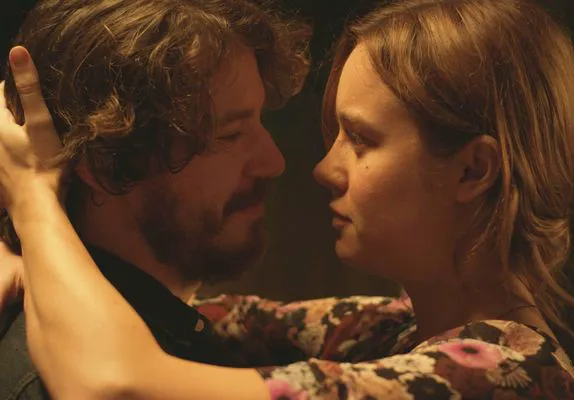
Avoiding the Pitfalls of Arthouse Cinema
Arthouse cinema can sometimes be a “dog’s life,” biting back with pretentiousness. When filmmakers know their work won’t reach a wide audience in mainstream theaters, there’s a temptation to create something only the most dedicated viewers will appreciate – “elite cinema for an elite audience.” While this approach has produced masterpieces, it often leads to hollow films where the pursuit of high art masks a lack of substance.
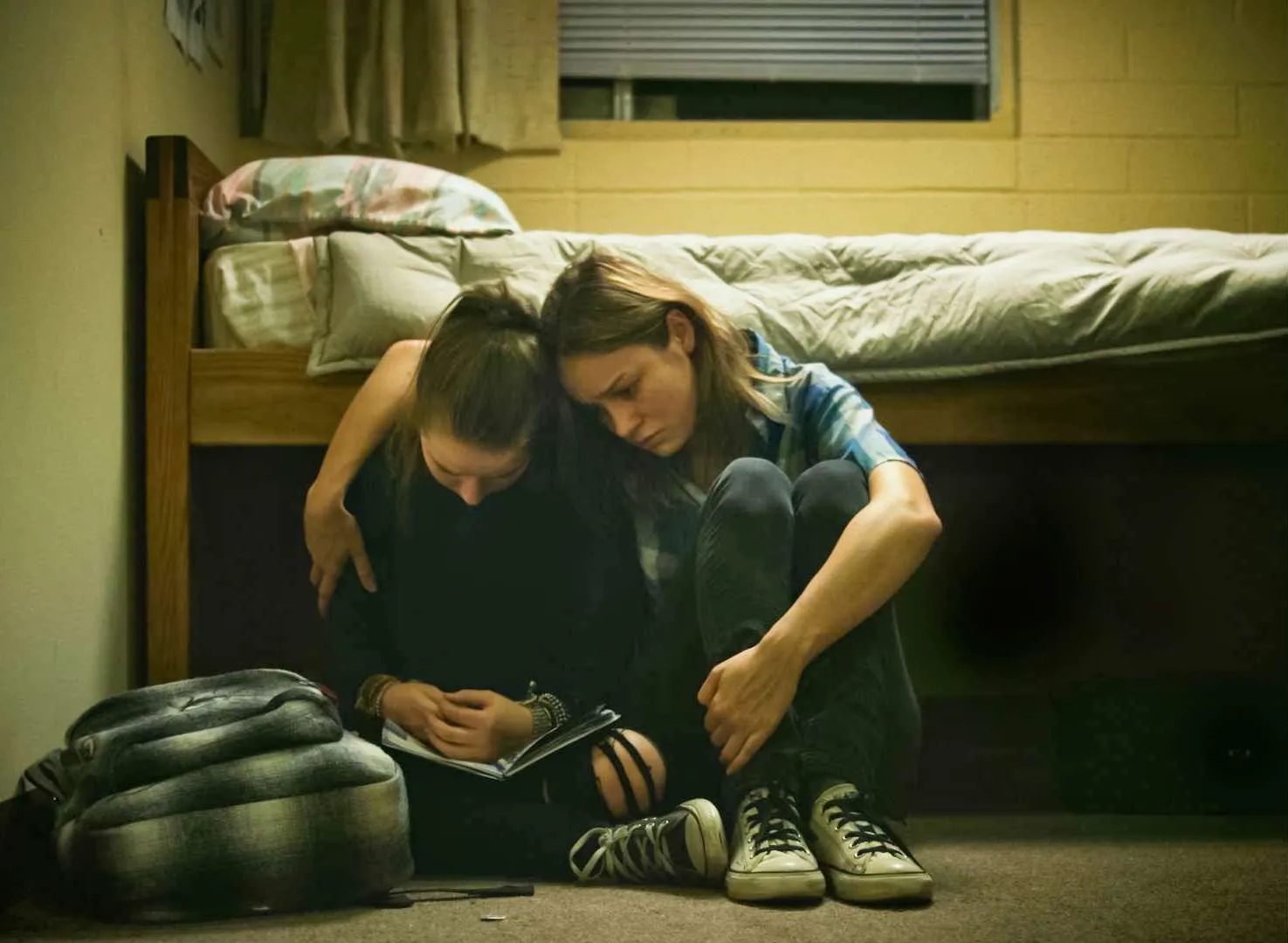
Short Term 12 is based on a short film of the same name, which Cretton made as a film school project. This film won a jury prize at the Sundance Film Festival in 2009.
Thankfully, not all arthouse directors follow this path. Some, while primarily targeting film festival audiences and niche viewers, remember the importance of plot, characters, humor, and drama. Destin Cretton, based on his second feature film, seems to be one such director. He still needs to work on his film titles, as his first film, I Am Not a Hipster, was too flashy, and Short Term 12 is unclear to those unfamiliar with the American foster care system. However, Short Term 12 is not pretentious cinema for the chosen few. It’s a low-budget but fully realized film that, as one American critic rightly noted, evokes a full range of emotions – from laughter and compassion to anger and despair. Importantly, the anger is directed at the film’s villains, not at an absurd script or nonsensical editing, as is often the case with arthouse films.
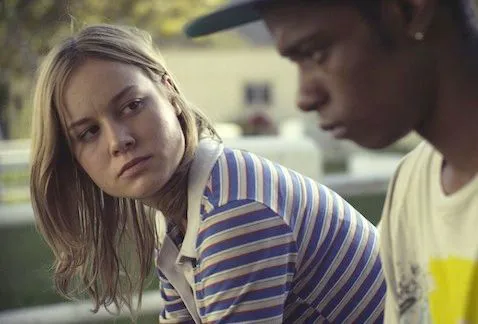
A Fresh Perspective on a Difficult Subject
The theme of child abuse is, to put it mildly, not new in American cinema. Some might even argue that current film and television dramas dedicate so much time to it that they turn people into paranoids, always looking for trouble. But, firstly, it’s hard to blame directors for addressing a tragic and universally relevant issue. And secondly, it’s not just what a director films, but how they do it. Cretton does it masterfully.
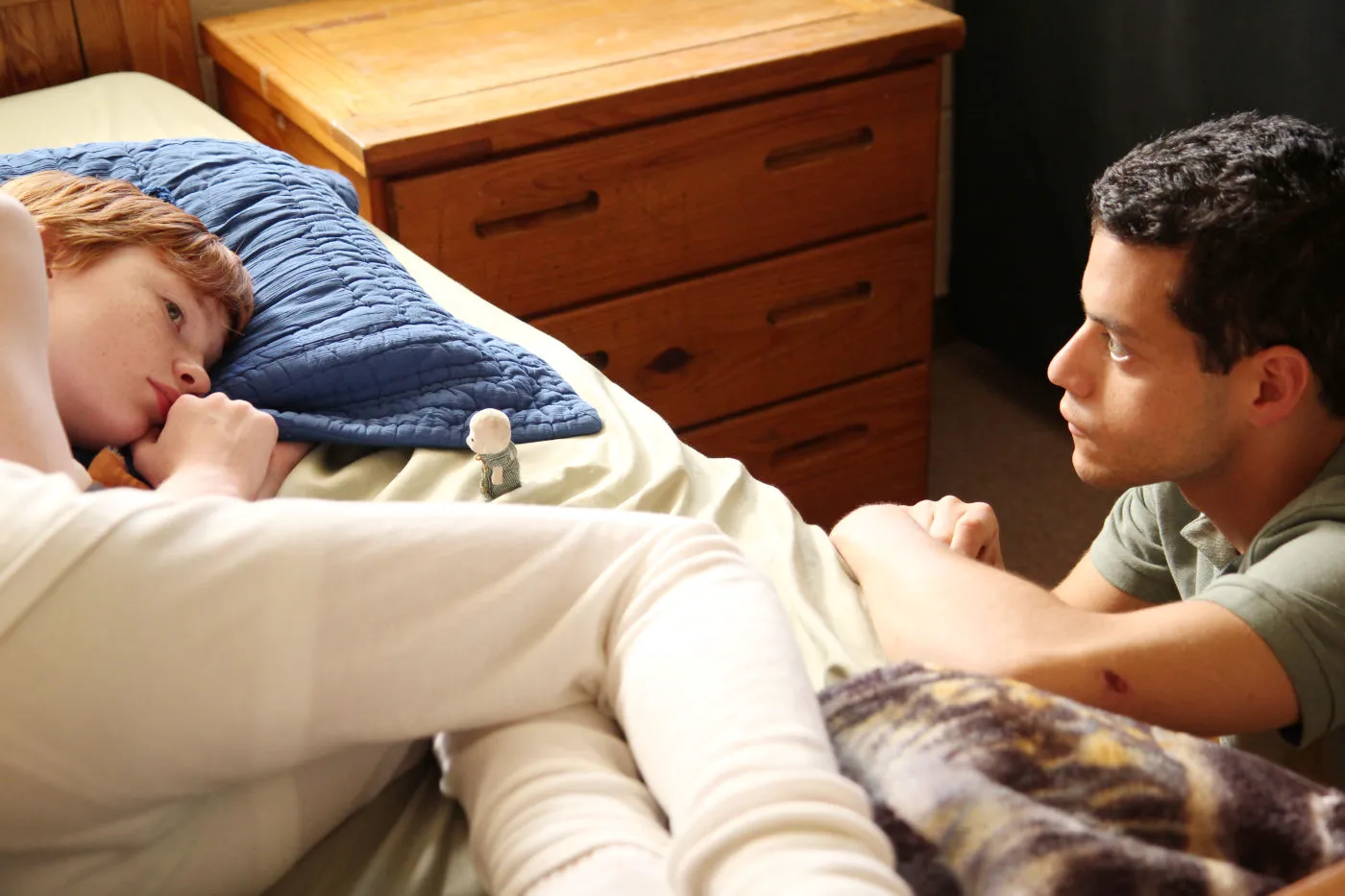
Brie Larson prepared for her role by visiting children’s shelters and reading anonymous accounts from their staff online.
Inspired by his own experiences working in a foster care facility, Cretton doesn’t dwell on the abuse itself. He doesn’t allow characters to describe it in detail, and he pays little attention to the aforementioned villains – the characters’ parents. Like many Soviet directors who made films about war, Cretton isn’t interested in the “Nazis.” His film isn’t about the front lines, but about the home front. It’s about the slowly healing wounds that remain in children’s souls, how difficult (but possible!) it is to help them, and how hard and scary it is to acknowledge what really happened.
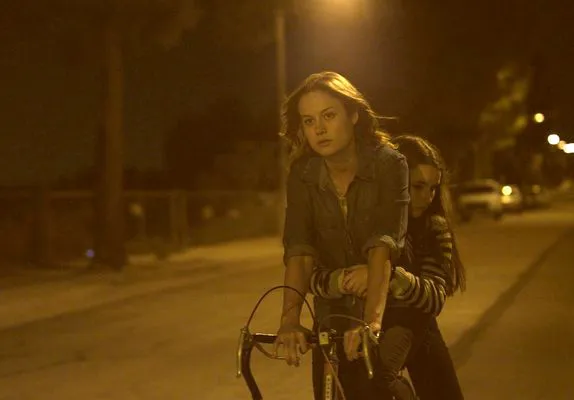
The Power of Subtlety and Artistic Expression
The latter is particularly important for the film. The movie begins with one of the characters hilariously and unashamedly recounting a rather humiliating story about a stomach upset. However, the stories of what happened to Jayden, Grace, and other characters connected to the film’s central theme trickle out slowly, like water through a stone. At times, these confessions take unexpected, artistic forms – a profanity-laden rap or a children’s fable. Anything to distance themselves, even slightly, from the horror of what happened. It’s an excellent plot device – simultaneously believable, engaging, touching, and unconventional.
However, the film’s foundation isn’t just excellent dialogue that drives the plot without the need for action, bright bursts of sincere children’s creativity, or even dramatic plot twists. Above all, Short Term 12 is a heartfelt and emotional film about realistic characters, and the leading actors excel in their roles. Brie Larson, usually seen on TV, is particularly good as Grace. Her character is the proverbial drowning person saving others who are drowning. Larson brilliantly portrays Grace in all her complexity – as a mentor, a woman in love, a doubting mother-to-be, and a former victim whose scars have reopened. Larson received numerous awards for her performance in Short Term 12 (including a prize at the Locarno International Film Festival), and all of them were well-deserved. However, Dever, Keith Stanfield as the black teenager Marcus, and even John Gallagher, whose role is unrewarding (Mason is essentially a knight in shining armor), deserve recognition for playing their parts so realistically. What more could you ask for from a psychological drama?